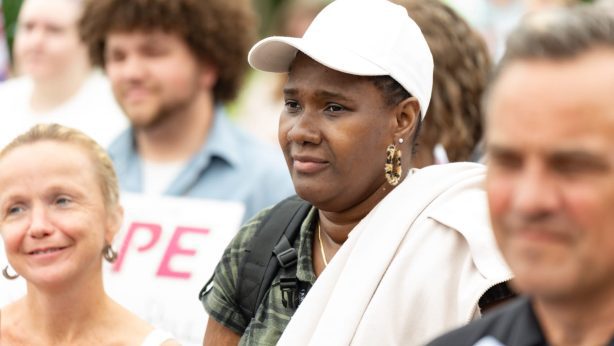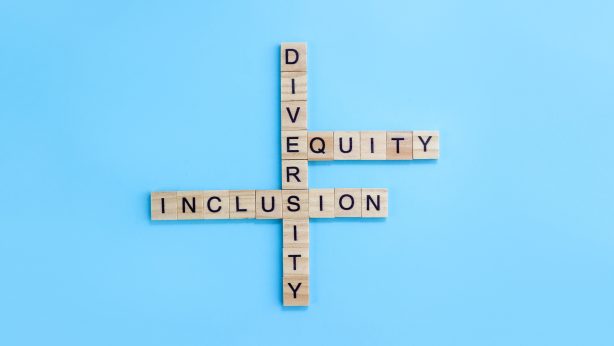Dr. Alika Lafontaine reflects on systemic racism in health care in Canada
The Canadian Health Coalition marked the National Day for Truth and Reconciliation with Dr. Alika Lafontaine, the first Indigenous president of the Canadian Medical Association.
Dr. Lafontaine shared his personal story of overcoming prejudices as a child and his work to end systemic discrimination in health care to more than 100 participants gathered at the noon hour webinar.
Host Anne Lagacé Dowson remembered Joyce Echaquan, the 37-year-old Indigenous Atikamekw woman, who livestreamed her death at a hospital in Joliette, Quebec. She had gone to the hosptial after experiencing stomach pains and instead of receiving health care, Echaquan encountered racism and hostility.
“The history of racism in the system is one that’s well known to people that experience it,” said Dr. Lafontaine.
“Livestreaming what ended up being some of the last moments of her life, it hit a chord in people where they saw for the first time this experience and of what she had likely gone through many times before. But now it was in front of them, they couldn’t ignore it anymore. And I think that’s one of the reasons why I look at today, the National Day for Truth and Reconciliation as a time for reflection,” said Dr. Lafontaine.
When talking about what needs to be done to address systemic racism in health care, Dr. Lafontaine talked about the need to address the burn out that health care workers are facing.
“Being labeled healthcare heroes is always a double-edged sword because heroes are sacrificed in stories. We’ve normalized the fact that people are burned out because ‘that’s just the way that things are,’ when in reality, that probably isn’t the way things are, we’ve just designed systems to provide those outputs,” said Dr. Lafontaine.
Dr. Lafontaine talked about the importance of leaning into the truth and reflecting on our shared history.
“The things that we take for granted day to day, they are a result of decades of decision-making. In the case of residential schools, hundreds of years of decision-making and treatment of people led us to where we are today. That’s a painful process for a physician to realize that their actions, when it comes to racism, are harming the people that they’re supposed to be treating,” said Dr. Lafontaine.
“Confronting the history of Canada, and all the things that you mentioned, residential schools, Indian hospitals, medical experimentation, forced sterilization, these are layers that we’re peeling back on our own Canadian self-identity. And it changes the way that we see ourselves,” said Dr. Lafontaine.
“It’s a challenge to not flatten the people around us into two-dimensional characters,” said Dr. Lafontaine. “The polarization that you see is really a flattening of people into these labels that attach certain characteristics, when in reality, people are complex, three-dimensional characters. They do both good and bad. The person who is racist to an Indigenous patient may treat the next patient the best way ever… This is why the word reconciliation is so important after truth because reconciliation is putting back together those fragments that separate us from each other,” said Dr. Lafontaine.
An anesthesiologist in Grande Prairie, Alberta, Dr. Lafontaine is active with the Indigenous Health Alliance. He serves on more than a dozen committees and boards related to Indigenous health. His use of storytelling and descriptions of real patient encounters and his own experiences as a Métis, Oji-Cree, Pacific Islander are changing mindsets on health care.
National Day of Truth and Reconciliation honours the children who never returned home from residential schools, as well as survivors, their families and communities.
Tracy Glynn is the National Director of Projects and Operations for the Canadian Health Coalition


